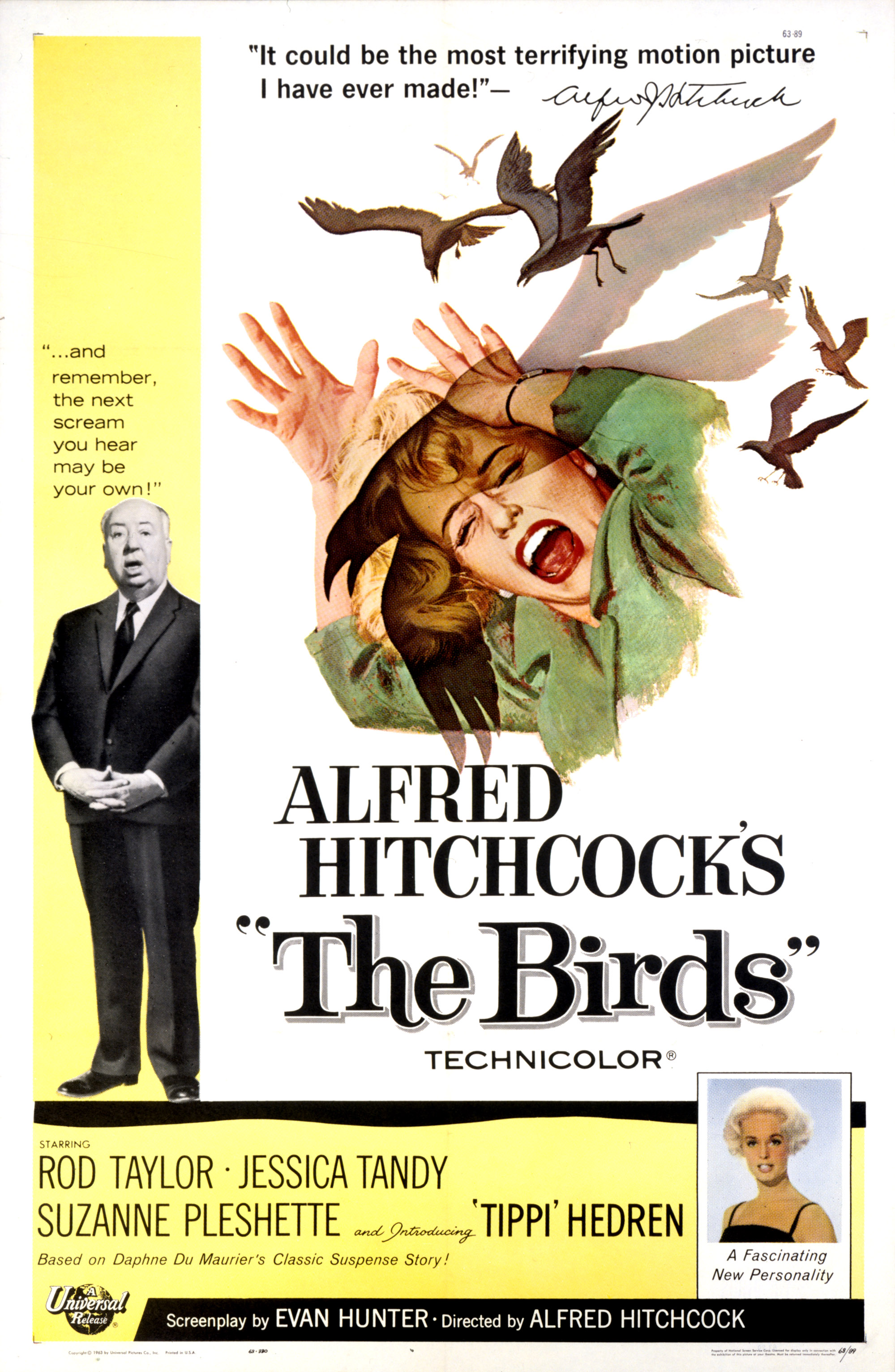A blog formerly known as Bookishness / By Charles Matthews
"Dazzled by so many and such marvelous inventions, the people of Macondo ... became indignant over the living images that the prosperous merchant Bruno Crespi projected in the theater with the lion-head ticket windows, for a character who had died and was buried in one film and for whose misfortune tears had been shed would reappear alive and transformed into an Arab in the next one. The audience, who had paid two cents apiece to share the difficulties of the actors, would not tolerate that outlandish fraud and they broke up the seats. The mayor, at the urging of Bruno Crespi, explained in a proclamation that the cinema was a machine of illusions that did not merit the emotional outbursts of the audience. With that discouraging explanation many ... decided not to return to the movies, considering that they already had too many troubles of their own to weep over the acted-out misfortunes of imaginary beings."--Gabriel García Márquez, One Hundred Years of Solitude
Search This Blog
Wednesday, March 22, 2017
The Birds (Alfred Hitchcock, 1963)
There's something decadent about The Birds, and I'm not referring to the sordid tattle about Alfred Hitchcock's alleged pursuit and torment of Tippi Hedren. I mean the conspicuous use of great talent and technique on material that doesn't deserve it. David Thomson has called it Hitchcock's "last unflawed film," but he also observed it was "more abstract than anything he had done before," which I think is absolutely right if you take "abstract" to mean devoted to form without connection to observable reality. For neither the birds nor the people in the film behave as we know actual birds and people to do. They are cinematic constructs: special effects (birds) and the fantasies of a screenwriter (people), manipulated by a director more engaged in playing with his audience than in telling us about nature, human or otherwise. Screenwriter Evan Hunter, very loosely adapting a short story by Daphne Du Maurier, makes a feint at creating plausible characters: the rich playgirl, Melanie Daniels (Hedren); the San Francisco lawyer, Mitch Brenner (Rod Taylor), who plays around in the city during the week but goes home to his emotionally needy mother (Jessica Tandy) on the weekends; the schoolteacher, Annie Hayworth (Suzanne Pleshette), who followed him home to the small coastal community one weekend but could never quite win over his mother and yet decided to stay on among the stereotypically quirky residents of Bodega Bay. But Hitchcock doesn't make us care about them except when they're being attacked by birds. They don't even care that much about one another: Melanie has to remind Mitch to take Annie's body inside after she's found dead from a bird attack on the steps of her house. Mother Brenner is a mildly sinister presence, who clings to Mitch because he reminds her of her dead husband. She casually yields the task of comforting her daughter, Cathy (Veronica Cartwright), to Melanie, although by film's end she has become a kind of surrogate mother for the traumatized Melanie. The Hitchcock who had handled sinister motherhood so deftly in Notorious (1946) and Psycho (1960) has turned unaccountably soft here. The acting is only passable. There are times in the film when I sense Tandy, a great actress, trying but failing to find a character to play. As for Hedren, she's quite good as the Melanie who schemes to find a way to connect with Mitch, but if you watch her in scenes when she's talking with someone else you see an actress who hasn't yet been taught to register what she's hearing on her face. The film is elevated above the mundane -- turned into a classic, in fact -- by Hitchcock's gift for pacing, by the extraordinarily intelligent decision not to provide a music score but to let the sound design supervised by composer Bernard Herrmann serve in its place, by Robert Burks's cinematography, by George Tomasini's film editing, and of course by the Oscar-nominated special effects supervised by Disney pioneer Ub Iwerks. But is it anything more than a movie for people who like to be scared and a case study for film students who want to learn how to scare them?
